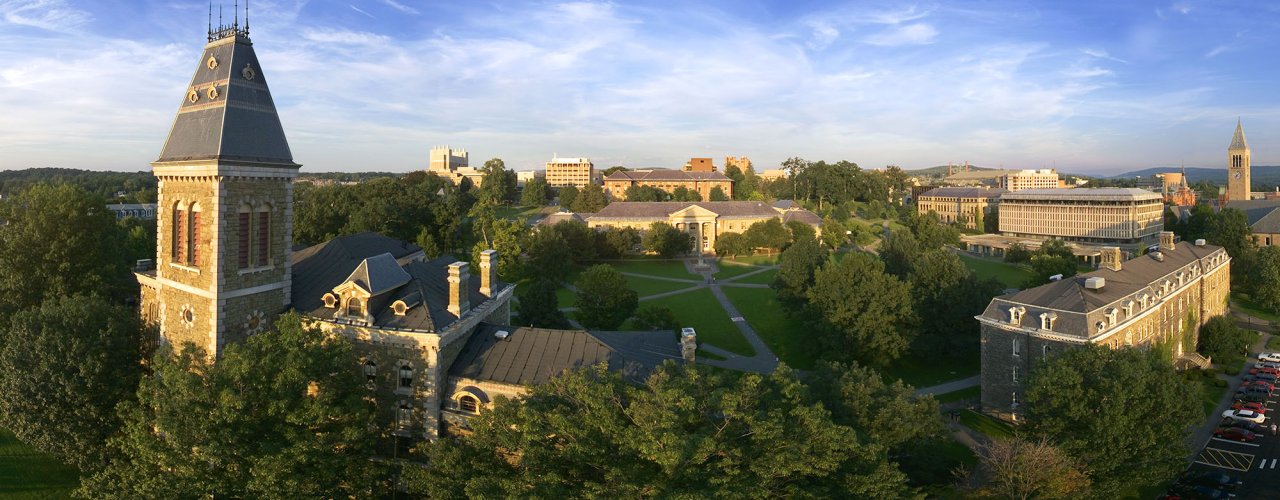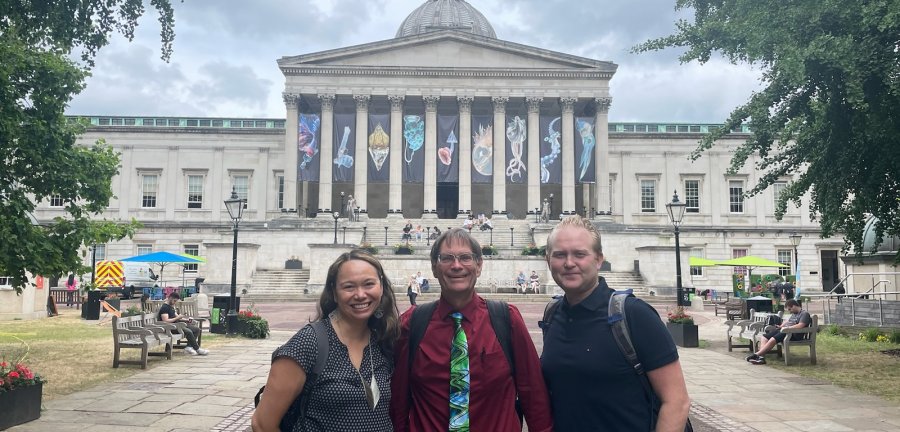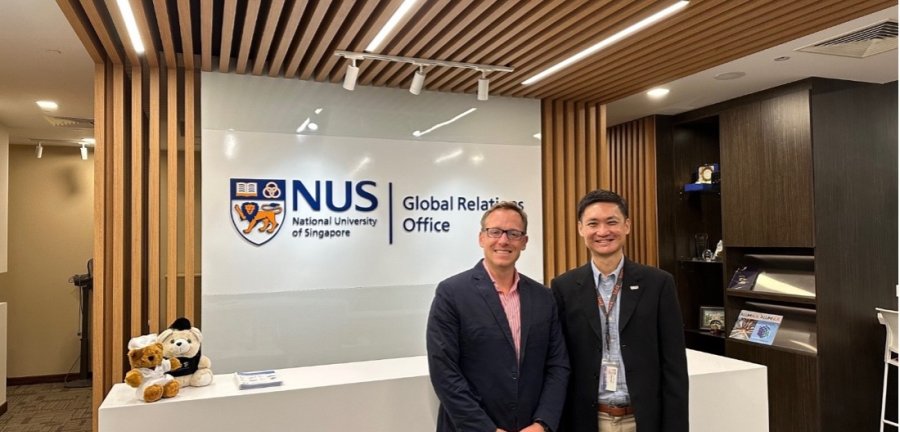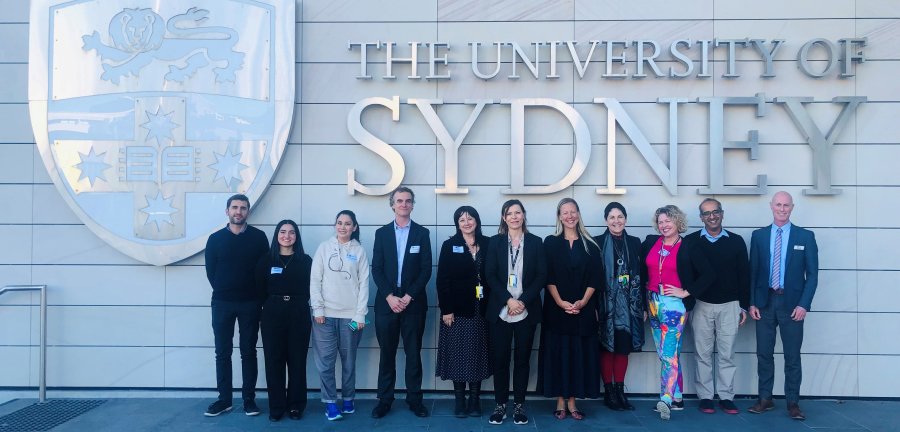Faculty Visits Strengthen Global Hubs Partnerships
Expanding UK Engineering Partnerships
In June, a Cornell engineering delegation traveled to the United Kingdom and visited Cornell's five Global Hubs partners in London and Edinburgh to explore reciprocal student mobility options, PhD student exchanges, and collaborative faculty research and teaching opportunities.
The contingent included Michael Thompson, Dwight C. Baum Professor of Engineering, Miranda Swanson, associate dean for student services, and Ryan DeLany, associate director of advising. Thompson is the faculty lead for the Cornell-Imperial Global Hubs partnership.
The five-day trip began with a visit to the University of Edinburgh and continued in London, where the Cornell team met with representatives from University College London, King's College London, Queen Mary University of London, and Imperial College London.
“Visiting our UK partners reinforced the tremendous opportunities for exchange and collaboration," said Thompson. "The breadth and excellence of these schools ensures almost unlimited possibilities for short- and long-term exchanges and collaborations in research, teaching, entrepreneurship, and community outreach. It was exciting to see our partners' equal interest in providing exchange opportunities for their students and expanding research and teaching collaborations.”
"The trip was a whirlwind but super productive," said Swanson. "I enjoyed seeing the active learning spaces and learning more about what makes each partner school unique."
Global Hubs UK partners had previously visited Cornell, including an April visit by Imperial College President Hugh Brady to Cornell Tech, when a new partnership was announced on AI research to accelerate scientific discovery and future technologies.
Southeast Asia Program Leadership Visits NUS
Thomas Pepinsky, Walter F. LaFeber Professor of Government and Public Policy and director of the Einaudi Center's Southeast Asia Program, visited the National University of Singapore (NUS) in July. Pepinsky, who is the faculty lead for the Cornell-NUS Global Hubs partnership, met with Rueben Wong, associate vice president of global relations, and faculty from the Southeast Asian Studies department, including Yoshinori Nishizaki and Douglas Kammen ('89, PhD '97).
Building on Wong's visit to Ithaca last November for the inaugural Global Hubs network meeting and a Cornell leadership delegation visit to NUS in April, Pepinsky and colleagues discussed undergraduate student exchanges, including the possibility of Cornell students participating in short-term study abroad programs NUS offers throughout Southeast Asia. They also explored ideas for potential research collaborations on the future of Southeast Asian studies.
Pepinsky said, "My visit to NUS was an ideal opportunity to learn more about how NUS and Cornell can work together to support Southeast Asian studies in particular, but also other areas for collaboration between two comprehensive universities that share a focus on public engagement and academic excellence."
Growing Research and Educational Partnership with USyd
Rachel Beatty Riedl, the Einaudi Center's director and John S. Knight Professor of International Studies in the Department of Government, visited Global Hubs partner University of Sydney in July. During the visit, Riedl met with USyd administrators and faculty to discuss expanding student mobility opportunities and joint seed fund programming.
While meeting with faculty engaged in collaborative research, Riedl connected with research centers aligned with Cornell's research priorities, including the Social Sciences and Humanities Advanced Research Centre, Southeast Asia Centre, China Studies Centre, and Centre for Healthy Societies.
"It was thrilling to see the strong research partnerships at the University of Sydney generating impactful work for healthy societies and environments and new understandings of our world," said Riedl.
Collaboration through virtual research networking meetings around One Health, climate and sustainability, and international and area studies are in development since the visit. Opportunities to expand community-engaged learning and internships in both directions, involving students and faculty research, are also under discussion.
"USyd aligns so well with Cornell's research strengths and educational approach that it creates a very productive landscape for partnership," said Riedl.




